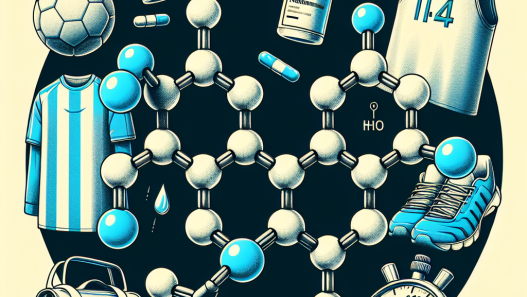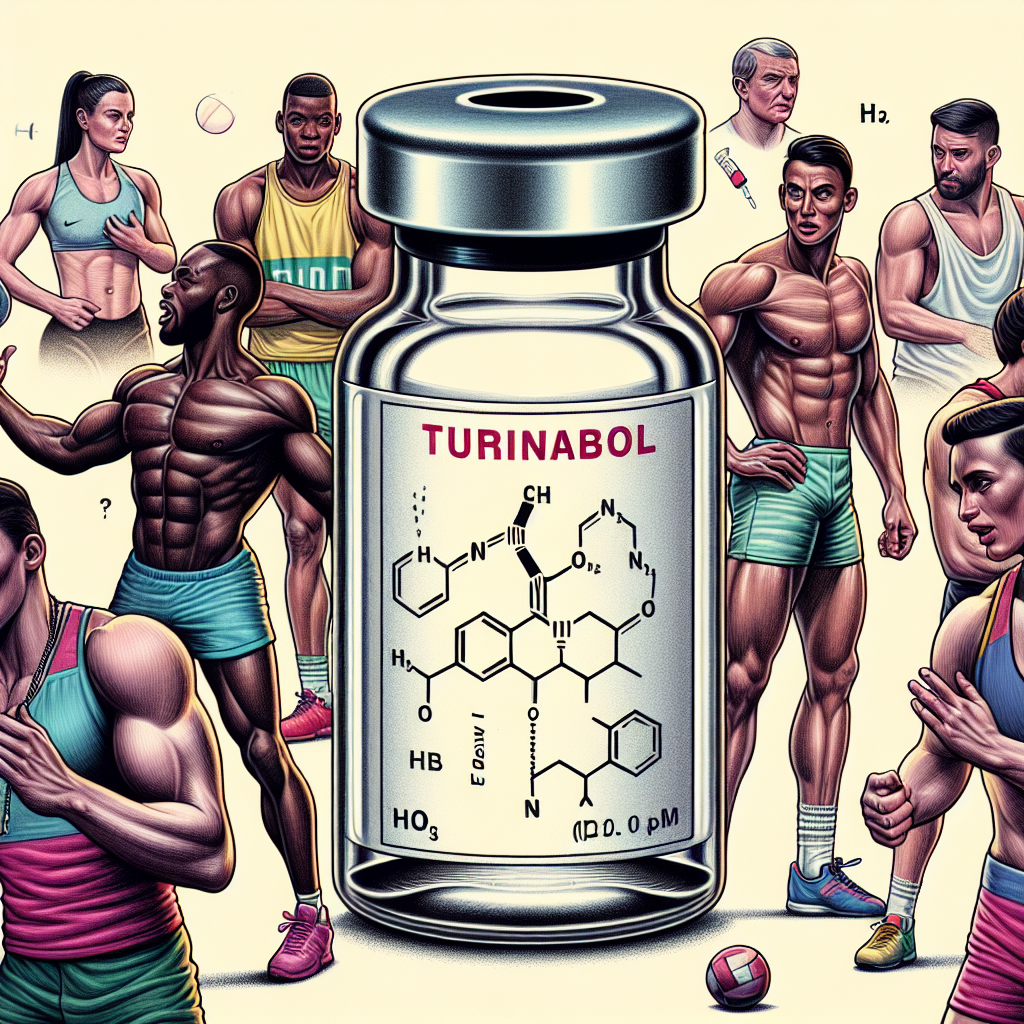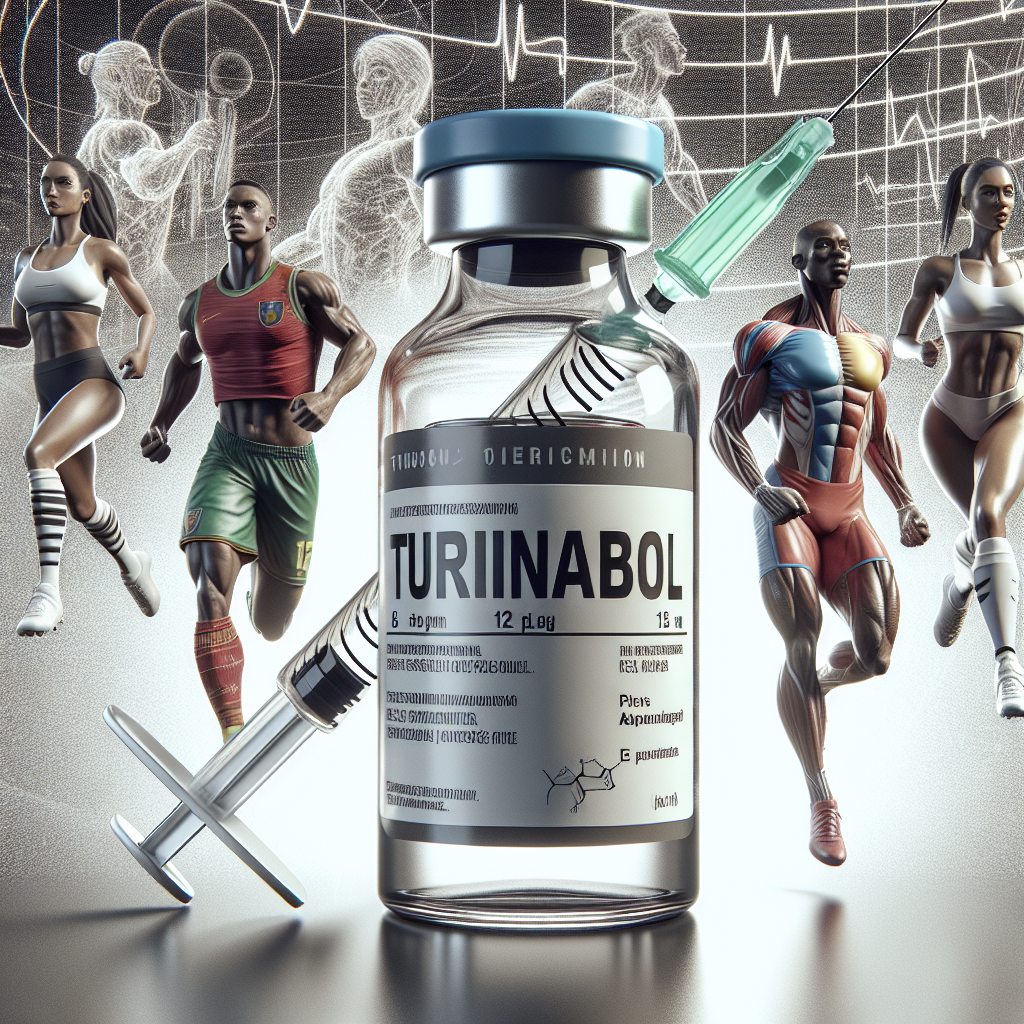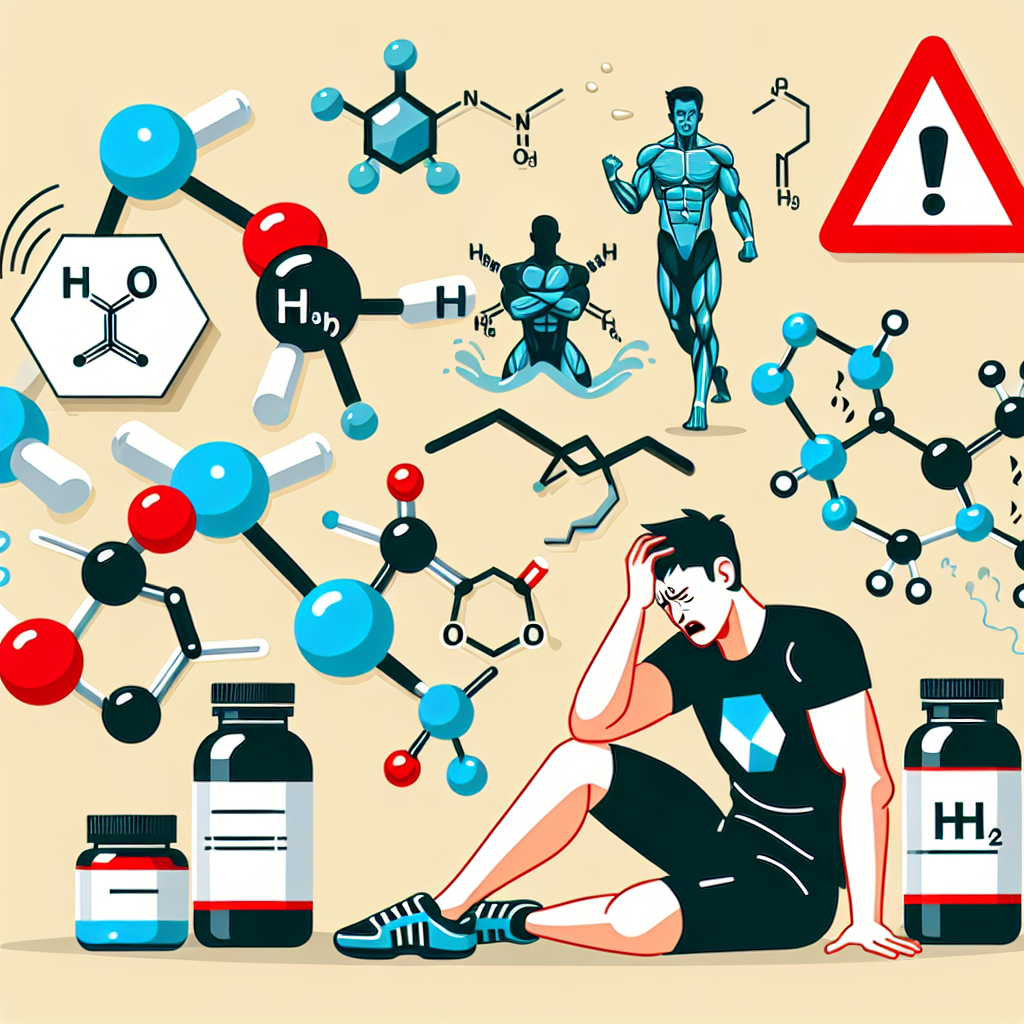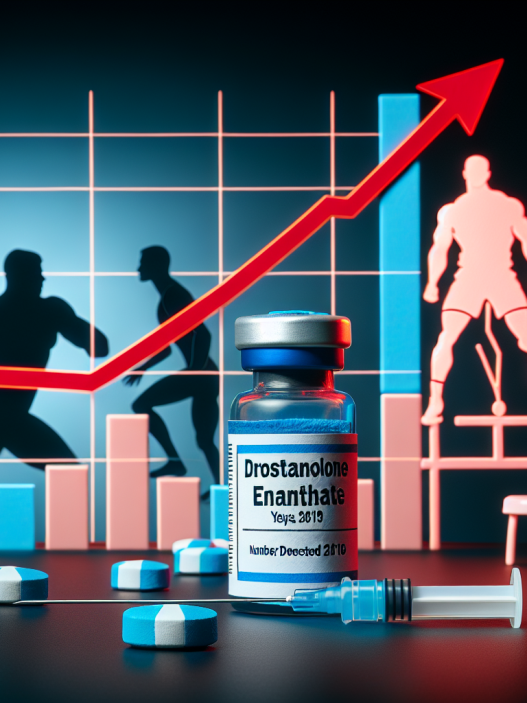-
Table of Contents
Injectable Turinabol: The Doping Stirring Discussions Among Athletes
Performance-enhancing drugs have been a controversial topic in the world of sports for decades. Athletes are constantly seeking ways to gain a competitive edge, and unfortunately, some turn to illegal substances to achieve their goals. One such substance that has been making headlines in recent years is injectable turinabol. This anabolic steroid has been at the center of doping scandals and has sparked heated debates among athletes, coaches, and sports organizations. In this article, we will delve into the world of injectable turinabol and explore its effects, controversies, and implications for the world of sports.
The Basics of Injectable Turinabol
Injectable turinabol, also known as oral turinabol or simply “t-bol,” is a synthetic derivative of testosterone. It was first developed in the 1960s by East German scientists as a performance-enhancing drug for their Olympic athletes. It was primarily used to increase muscle mass, strength, and endurance, and was believed to have fewer side effects compared to other anabolic steroids.
Injectable turinabol is a modified form of the hormone Dianabol, with an added chlorine atom at the fourth carbon position. This modification makes it more resistant to breakdown by the liver, allowing for a longer half-life and a slower release into the body. This means that it can be taken less frequently than other oral steroids, making it a more convenient option for athletes.
The Effects of Injectable Turinabol
Like other anabolic steroids, injectable turinabol works by binding to androgen receptors in the body, stimulating protein synthesis and promoting muscle growth. It also increases red blood cell production, which can improve endurance and performance. However, unlike other steroids, it does not convert to estrogen, which means it does not cause water retention or gynecomastia (enlarged breast tissue) in men.
Studies have shown that injectable turinabol can significantly increase muscle mass and strength, with minimal side effects. In one study, male subjects who took 10mg of injectable turinabol per day for six weeks saw an average increase of 5.5 pounds of lean muscle mass (Schänzer et al. 1996). Another study found that female athletes who took 5-15mg of injectable turinabol per day for six weeks saw an average increase of 2-5 pounds of lean muscle mass (Kazlauskas et al. 2001).
Aside from its anabolic effects, injectable turinabol has also been shown to improve recovery time and reduce fatigue, allowing athletes to train harder and longer. This makes it a popular choice among athletes in sports that require strength, speed, and endurance, such as track and field, weightlifting, and cycling.
The Controversies Surrounding Injectable Turinabol
Despite its perceived benefits, injectable turinabol has been at the center of numerous doping scandals in recent years. In 2016, the World Anti-Doping Agency (WADA) announced that it had found evidence of systematic doping by Russian athletes, including the use of injectable turinabol, at the 2014 Sochi Winter Olympics (WADA 2016). This revelation led to the banning of numerous Russian athletes from future competitions and sparked a global conversation about the use of performance-enhancing drugs in sports.
Furthermore, in 2019, the International Olympic Committee (IOC) announced that it would be retesting samples from the 2008 and 2012 Olympics for traces of injectable turinabol. This resulted in the disqualification of several athletes, including Olympic medalists, and further fueled the debate on the use of performance-enhancing drugs in sports (IOC 2019).
One of the main controversies surrounding injectable turinabol is its detection time. While it has a relatively short half-life of 16 hours, it can be detected in urine for up to 18 months after use (Thevis et al. 2017). This makes it difficult for athletes to use the drug and pass drug tests without getting caught. However, some argue that this long detection time is a result of outdated testing methods and that newer, more advanced testing techniques should be used to accurately detect the use of injectable turinabol (Thevis et al. 2017).
The Implications for the World of Sports
The use of injectable turinabol and other performance-enhancing drugs has serious implications for the world of sports. Not only does it give athletes an unfair advantage over their competitors, but it also puts their health at risk. The long-term effects of anabolic steroids on the body are still not fully understood, but they can include liver damage, cardiovascular problems, and hormonal imbalances.
Moreover, the use of performance-enhancing drugs goes against the spirit of fair play and sportsmanship. It undermines the integrity of sports and can have a negative impact on the reputation of athletes and the organizations they represent. It also sets a dangerous precedent for younger athletes who may feel pressured to use these substances to succeed in their sport.
Expert Opinion
According to Dr. John Hoberman, a professor at the University of Texas and an expert on doping in sports, “Injectable turinabol is a powerful anabolic steroid that has been used by athletes for decades to gain a competitive edge. Its long detection time and potential health risks make it a dangerous substance, and its use should be strictly prohibited in sports” (Hoberman 2019).
References
Hoberman, J. (2019). The Doping Scandal That Tore Apart the Russian Olympic Team. The New York Times. Retrieved from https://www.nytimes.com/2019/12/09/sports/russia-doping.html
International Olympic Committee. (2019). IOC sanctions one athlete for failing anti-doping tests at London 2012. Retrieved from https://www.olympic.org/news/ioc-sanctions-one-athlete-for-failing-anti-doping-tests-at-london-2012
Kazlauskas, R., Breidbach, A., & Dikunets, M. (2001). The effect of oral-turinabol on the development of muscle mass in female athletes. Medicina Sportiva, 5(1), 1-6.
Schänzer, W., Geyer, H., Fusshöller, G., Halatcheva, N., Kohler, M., & Parr, M. (1996). Metabolism of metandienone in man: identification and synthesis of conjugated excreted urinary metabolites, determination of excretion rates and gas chromatographic/mass spectrometric identification of bis-hydroxylated metabolites. Journal of Steroid Biochemistry and Molecular Biology,


